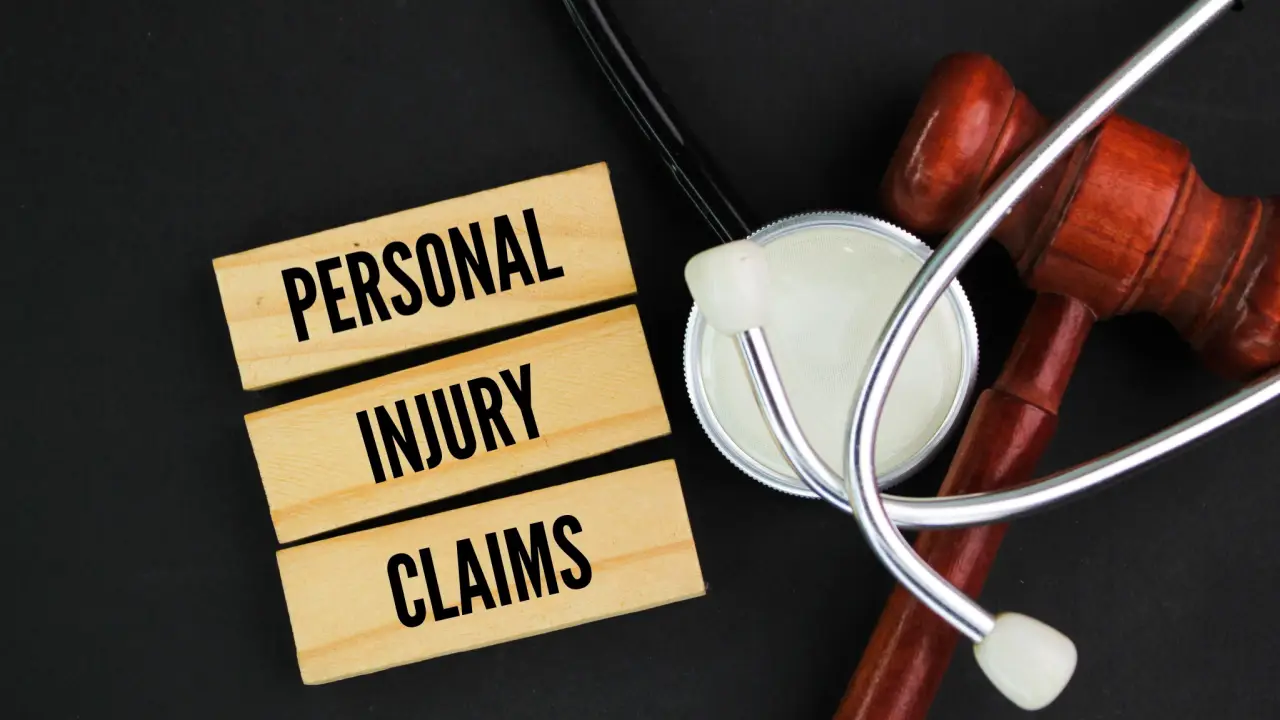
Is It Worth Making a Personal Injury Claim? Key Factors to Consider
Quick Assessment: Is It Worth Making a Personal Injury Claim
Deciding whether is it worth making a personal injury claim depends on several critical factors that determine your potential compensation. Recent data shows that personal injury claims may result in settlements that vary widely, depending on the severity of the case, but your specific case value varies significantly based on injury severity, medical expenses, and lost wages.
The answer isn’t always straightforward. You’ll need to evaluate your medical costs, recovery time, and the impact on your daily life. Many accident victims question whether pursuing compensation justifies the time and effort involved.
This guide examines when making a personal injury claim makes financial sense, what factors influence settlement amounts, and how to determine if your case has merit. You’ll learn the key considerations that help decide whether pursuing legal action aligns with your situation.
Financial Benefits: Personal Injury Claim Settlement Values
Understanding potential compensation helps answer whether is it worth making a personal injury claim in your specific situation. The National Center for Health Statistics reports that unintentional injuries affect millions of Americans annually, with many eligible for compensation.
Medical Expense Recovery
Personal injury claims typically cover all medical expenses related to your accident. This includes:
- Emergency room visits and hospital stays
- Surgery and rehabilitation costs
- Ongoing physical therapy
- Future medical treatments
- Prescription medications
Lost Income Compensation
When injuries prevent you from working, compensation covers lost wages and reduced earning capacity. The Bureau of Labor Statistics shows workplace injuries alone cost billions in lost productivity annually.
Pain and Suffering Damages
Non-economic damages compensate for physical pain, emotional distress, and diminished quality of life. These awards often exceed medical expenses in significant injury cases.
Legal Requirements: When Personal Injury Claims Make Sense
Determining is it worth making a personal injury claim requires understanding when you have a valid legal case. Several factors must align for successful compensation recovery.
Proving Negligence
Your claim succeeds when you prove another party’s negligence caused your injuries. This involves demonstrating:
- The other party owed you a duty of care
- They breached that duty through action or inaction
- Their breach directly caused your injuries
- You suffered measurable damages
Statute of Limitations
Each state sets time limits for filing personal injury claims. Missing these deadlines eliminates your right to compensation, regardless of case strength. Most states allow 2-3 years from the injury date.
Insurance Coverage Considerations
The at-fault party’s insurance coverage significantly impacts whether is it worth making a personal injury claim. Cases involving car accidents often depend on available policy limits and coverage types.
Common Scenarios Worth Pursuing
Several accident types typically justify personal injury claims:
- Motor Vehicle Accidents: The National Highway Traffic Safety Administration reports distracted driving causes thousands of preventable accidents annually
- Workplace Injuries: Incidents beyond workers’ compensation coverage
- Medical Malpractice: Professional negligence causing harm
- Premises Liability: Injuries on someone else’s property
Understanding your accident type helps evaluate claim viability and potential outcomes.
Final Decision: Making Your Personal Injury Claim Choice
Weighing whether is it worth making a personal injury claim ultimately depends on your unique circumstances. Consider these decision-making factors carefully.
Cost-Benefit Analysis
Most personal injury attorneys work on contingency fees, meaning you pay nothing unless they recover compensation. This arrangement eliminates upfront legal costs and aligns attorney interests with your success.
Time Investment
Personal injury claims can take months or years to resolve. Consider whether the potential compensation justifies the time commitment required for depositions, medical examinations, and court proceedings.
Emotional Impact
Legal proceedings can be stressful, especially when dealing with injury recovery. However, successful claims provide financial security that often outweighs temporary stress.
When injuries significantly impact your life, work, or finances, making a personal injury claim typically proves worthwhile. The key lies in realistic expectations and professional legal guidance to evaluate your case’s true value.
Take Action Now: Get Your Personal Injury Claim Evaluated
Don’t let valuable compensation slip away due to inaction. Whether is it worth making a personal injury claim in your situation requires professional evaluation of your specific circumstances.
Contact experienced personal injury attorneys who offer free case consultations. They’ll assess your claim’s strength, estimate potential compensation, and explain your legal options without obligation. Get started with your free evaluation today and protect your right to fair compensation.
Frequently Asked Questions
1. How much does it cost to pursue a personal injury claim?
Most personal injury attorneys work on contingency fees, which vary depending on the case, and you only pay if compensation is recovered.
2. How long do personal injury claims take to resolve?
Simple claims may settle within 3-6 months, while complex cases involving serious injuries can take 1-3 years. Your attorney will provide realistic timelines based on your case specifics.
3. What if I was partially at fault for my accident?
Many states allow compensation even when you’re partially responsible. Your award reduces by your percentage of fault, but you may still recover significant compensation.
4. Can I handle a personal injury claim without an attorney?
While legally possible, insurance companies often pay less to unrepresented claimants. Attorney representation typically results in higher compensation that exceeds legal fees.
5. What evidence do I need for my personal injury claim?
Key evidence includes medical records, accident reports, witness statements, photographs, and documentation of lost wages. Your attorney will help gather necessary evidence.
Key Takeaways
- Personal injury claims may result in settlements that vary significantly, depending on case specifics and injury severity
- Most attorneys work on contingency fees, eliminating upfront costs and financial risk
- Valid claims require proving negligence, meeting statute of limitations, and demonstrating measurable damages
- Car accident cases often justify claims due to high medical costs and lost income potential
- Free legal consultations help determine if your specific situation warrants pursuing compensation
Free Accident Claim Review
Complete the form to have an attorney review your accident claimCOMPLETE THE FORM TO BE CONNECTED WITH AN ACCIDENT ATTORNEY
No Matching Partners at the Moment
Thank you for your inquiry but there are no matches for you at this time. Please come back later and try again.
Recent Posts
- What Injuries Qualify for Compensation in Personal Injury Claims? Navigating the Legal System
- What Evidence Is Needed for a Personal Injury Claim to Win Compensation?
- How Personal Injury Claims Work: Your Step-by-Step Legal Journey
- What Color Do Judges Like to See in Court for Personal Injury Cases?
- What Mistakes Can Hurt a Personal Injury Case and Cost You Compensation?
Archives
- February 2026
- January 2026
- December 2025
- November 2025
- October 2025
- September 2025
- August 2025
- July 2025
- June 2025
- May 2025
- March 2025
- February 2025
- January 2025
- October 2024
- September 2024
- August 2024
- July 2024
- June 2024
- May 2024
- April 2024
- March 2024
- February 2024
- January 2024
- December 2023
- November 2023
- October 2023
- September 2023
- August 2023
- July 2023
- June 2023
- May 2023
- March 2023
- February 2023
- January 2023
- November 2022
- October 2022
- September 2022
- August 2022
- May 2022
- April 2022
- March 2022
- February 2022
- January 2022
- December 2021
- November 2021





